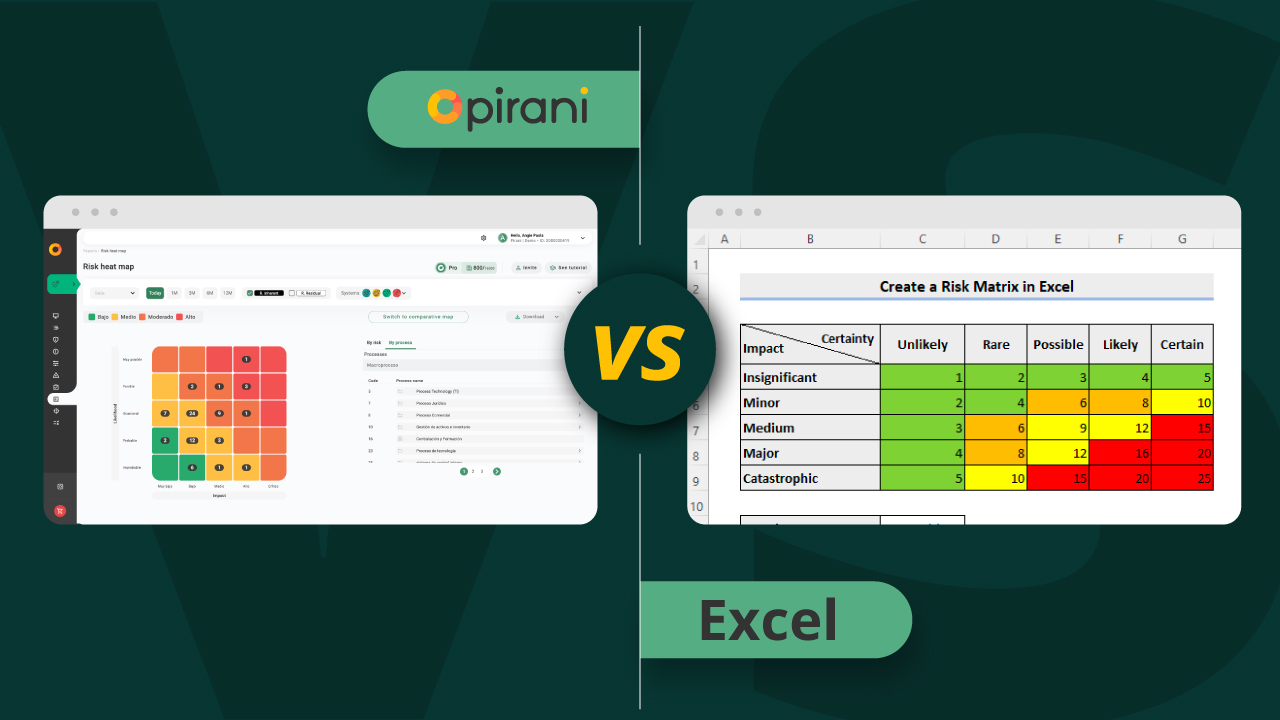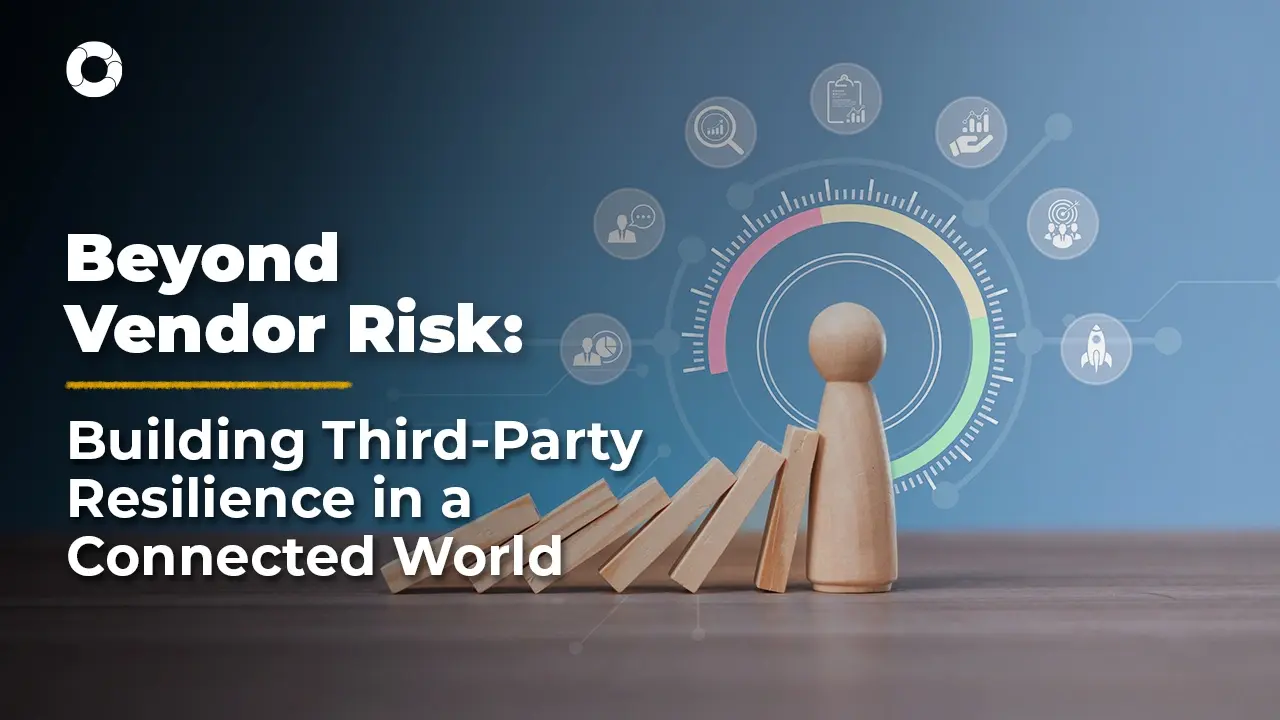Future trends and developments in the auditing world

In recent years, companies have undergone an unprecedented transformation. As a result, their growth has been accompanied by an adequate adaptation of the different areas to the ongoing environmental changes, such as internationalization, new technologies, the evolution of regulatory frameworks, and risk management. For this reason, departments that have yet to evolve to meet the company's unique needs remain in the background and become irrelevant.
Due to the above, auditing currently has great relevance as a guarantor of the sustainability of the business project and is a fundamental ally for the proper functioning of the company. For this reason, it is essential to know the trends and future developments in Auditing.
Below, we analyze the trends and future developments in Auditing so that you can prepare yourself to manage it correctly and thus ensure the proper functioning of your entire company.
Let's do it!
Principal Future Trends in Auditing
Increased use of technology
Auditing requires more and more technology to improve the efficiency and accuracy of its results. This trend is expected to continue with the implementation of machine learning, artificial intelligence, and automation technologies. Such technologies can be of great use in helping auditors process large amounts of data, identify patterns, and detect anomalies.
Focus on data auditing
As companies increasingly generate and store more data, auditing will become critical to ensure proper operation. For that reason, Auditing requires in-depth review and verification of data to ensure its accuracy and reliability.
Due to the increase in data and the complexity of information systems, auditors will increasingly focus on data auditing to ensure the integrity of financial information over time.
Increased focus on environmental and social Auditing
Recently, there has been an increased focus on corporate social responsibility and environmental sustainability. This focus is expected to extend to Auditing in the future, with a particular emphasis on reviewing companies' ecological and social impacts. This way, auditors can study companies' sustainability reports and environmental effects to ensure compliance with applicable standards and regulations.
Particular emphasis on internal Auditing
Internal Auditing is a crucial function for companies because it can help ensure compliance with all relevant internal standards and policies. It is expected that in the future, there will be a greater emphasis on internal Auditing to ensure that companies comply with their internal policies and procedures and that any deficiencies are detected and corrected.
Focus on cybersecurity auditing
With the increase in cyber-attacks and the growing amount of online sensitive data, cybersecurity auditing will become even more relevant. Auditors can review companies' security systems to ensure compliance with standards and regulations and detect and address information system vulnerabilities.
Key measures to adapt to the audit development
Increase the influence of the Internal Audit Committee
Companies need the advice of audit experts to understand and prevent risks in the current environment because audit managers have a crucial role to play as allies in assessing the problems and possible outcomes of decisions and initiatives to be taken in the company.
However, audit managers consider that their departments can only exert little influence on the board of directors, the management team, and other governing bodies.
Pro tip: To achieve this objective, it is necessary to improve the value that internal audit brings to its stakeholders by implementing new capabilities within the department. In addition, adequate training is needed on the changes, issues, and risks affecting the company and acquiring the necessary skills to assess and deal with them appropriately.
Integrating Data Analytics into audit activities
Data Analytics significantly impacts increasing the capacity and influence of the company's audit departments. This tool gives auditors access to all company data, putting them in an excellent position to perform their respective analyses with large volumes of data and identify trends, relationships, and anomalies others cannot detect.
Thanks to this system, better management can be performed, and results can be communicated visually and interactively. Behavioral analysis and data modeling for forecasting and prediction are essential for designing new audit programs.
Optimize communications and reporting to the government
For audit departments to have a real influence on the decision-making of governing bodies, they must be able to present information in formats that make it easy for stakeholders to interpret. This is because, until now, internal audit departments have presented their results through static reports and presentations, which could be one of the causes of the low impact and influence of the audit.
Moving towards more interactive communication with dynamic reports and analytical or visualization tools is essential for a proper audit because this helps boards of directors have real-time, actionable information to focus on the future rather than the past.
Assessing and addressing staffing and skills gaps
Many audit managers must be convinced that their teams have the skills to meet current and future business demands. One way to access that expertise is through guest or rotational auditor programs, co-sourcing, outsourcing, or other modalities. Therefore, it is crucial to explore alternatives to meet stakeholder expectations in the future.
Reviewing strategic planning and risk management
Strategic planning and risk management should be prioritized in the internal audit environment. For this reason, predictive and intelligent tools and emerging technologies must be incorporated into audit programs to measure an initiative's likelihood of success or failure, identify ways to increase the probability of success, and anticipate risks.
It is critical that an internal audit can determine which processes are sufficiently robust, considering relevant factors such as their implications, context of change, and anticipated threats.
Broaden your company's focus to improve your results
As time goes by, the numerous changes in society, the economy, and capital markets are becoming more and more intense due to various factors. This is why it is necessary to get the help of professional software to automate and optimize audit processes, increase efficiency and accuracy in data management, and improve the security of confidential company information.
Currently, the best option on the market is Pirani's software, which allows auditors to work more efficiently and effectively by automating much of the audit process, reducing the time and resources needed to conduct the audit. In addition, it provides an accurate analysis that gives a clear and detailed picture of the company's operations, allowing you to identify areas for improvement and opportunities for process optimization.
Perform efficient, accurate, and secure audits with Pirani!
You May Also Like
These Related Stories

Excel vs. Cyber-Risk Management Platform: Better Option to Mitigate Risk

3 types of indicators to manage risk

Beyond Vendor Risk: Building Third-Party Resilience

Operational Resilience: The new language of risk management

8 Operational Risk Trends in the U.S. for 2025 and Beyond

No Comments Yet
Let us know what you think